|
Divide and Conquer nominated for Exceptional Merit in Documentary Filmmaking Late Fox News chief Roger Ailes has been dead for over two years, but that doesn't mean his influence over television news and American politics has waned. The "news" channel (I use quotes to suggest its tenuous relationship to traditional news values of fact-based, politically-neutral reporting) he created is still far and away the leader in its category. And despite President Trump's recent griping, Fox News remains very much in service to his agenda, and to conservative politics in general. In Divide and Conquer: The Story of Roger Ailes, director Alexis Bloom's examines the roots of Ailes' conservatism, his role as kingmaker in the Republican Party and his history of sexual harassment - the issue that ultimately brought an end to his Fox News career. It's nominated for Outstanding Merit in Documentary Filmmaking, alongside the Oscar-nominated docs RBG, directed by Betsy West and Julie Cohen; Hale County This Morning, This Evening from director RaMell Ross; as well as The Sentence from director Rudy Valdez, and Tim Wardle's film Three Identical Strangers. Every time he had Donald Trump on [Fox News], the ratings would spike, so he loved it, he got him on... every show. It didn't matter that Donald Trump was saying things that weren't true. Bloom began work on the film shortly after Ailes' shocking ouster from Fox News in 2016. She interviewed a variety of ex-Fox News stars for it, included anchors Alsyn Camerota (now with CNN) and Glenn Beck, and even a childhood schoolmate of Ailes, the actor Austin Pendleton. I talked with Bloom about the film and her views on Ailes' dark grasp of the American psyche. You were born in South Africa. How did you get interested in doing a film on this American political potentate Roger Ailes? Alexis Bloom: I have lived in this country since 1999... As somebody who lives in America, I'm just very invested in the politics and the culture of America. It was a no brainer to do a story about Roger Ailes. He's been incredibly influential and he's fascinating, both in terms of how he shifted the landscape here, but also in a sort of granular psychological way. He's a fascinating character in terms of what makes him tick, personally. In your film you go back to Ailes' childhood in Warren, Ohio. What do you think in his past helps explain the person he became - the ideological moving force behind so much of our current politics? AB: He grew up in a town where very traditional values were celebrated, and identified very strongly with that... His father [a factory foreman] was very stern and didn't trust the Democrats at all and said that they would be the ruin of the town. Certainly the town was ruined - Warren experienced an industrial decay - but I think that's due to globalization and larger forces than politics. Industry moved to Mexico, it moved to China. It wasn't the fault of the liberal elites, because you saw that all over that central belt [of the U.S.]. He had the suspicion of trade unions and of Democrats inculcated by his father and he had problematic family relationships. He wasn't close to his mother. I think he was very invested in a certain idea of America. Certainly, growing up where he did, inculcated in him a sense of patriotism and American values that were geographically and time-specific, but never lost their appeal to him... That was his vision of America and I think that he didn't embrace America in its cacophonous, diverse, chaotic, 2017, when he died. He longed for simpler times and more traditional times. And that never left him. In the film you go through his rise to power in television and politics - first as a producer at The Mike Douglas Show, where he met Richard Nixon, who was a guest on the show as he prepared to launch his 1968 presidential campaign. Then he goes to work as a media consultant for Nixon. Later Ailes becomes a highly sought-after political consultant to Republican candidates. AB: For years and years he criss-crossed America, gauging the pulse of ordinary Americans. He knew every state. He knew every county. He basically knew every town. He was a very well-seasoned, well-traveled campaign organizer. They track the adverts and they knew when they used fear, how effective that was. You could see poll results. He talked about it openly and honestly and always [commented] that they were going to scare the bejesus out of people. It was all about emotion... He saw how quickly people responded to fear. He was involved in the discrediting of [1988 Democratic presidential candidate Michael] Dukakis and the Willie Horton TV campaign. I think he just rolled [his knowledge] over from the political world into the television world... Although he loved television and he watched a lot of television growing up because he was a sickly child [due to hemophilia], he was not coming at it from an aesthetic point of view necessarily. He was coming at it from an emotional point of view. And he was hugely skilled in that. He was a master of manipulation. He wrote a self help book before people were writing self help books. And he had a very strong fascination with psychology... His book, "You Are the Message", if you read it, it's fascinating. It's full of these pithy, powerful ideas about how to win friends and influence people. It's all geared towards how to make an impact - the combination, I think, of his political life and his natural tendency to manipulate behavior... It coalesced beautifully in Fox [News]. It's really interesting how Fox News, its origins were literally in resentment. In Ailes' case, resentment at having the network he had founded, America's Talking, subsumed into MSNBC. After he was sidelined at America's Talking, he really wanted revenge on the parent network, NBC. AB: He felt like an outsider. He felt rejected by the liberal elites, by NBC. He felt like he'd been pushed out. He resented the Ivy League education of all the people he'd worked with at NBC. He found a perfect partner in Rupert Murdoch, who was foreign and Australian, who still defines himself as an outsider even though he's a billionaire and couldn't be more mainstream. In their own word, they describe themselves as pirates and renegades. Them meeting was the perfect storm. Rupert had the checkbook and connections that Roger didn't have, and Roger had this very base, thorough knowledge of the American landscape, the American mind. It was a perfect combination. They both considered themselves very outsiders. Nothing gave them more pleasure than "we're going to show everyone, we're going to beat them, we're going to win." An important part of the film, and part of Ailes' life, was his serial sexual harassment and coercion that was exposed towards the end of his life. It's really so egregious, his behavior, it's really chilling and awful, what he did to so many women. He may have fancied himself a man of the people and not a member of the elite, but he didn't hesitate to exercise the droit du seigneur when it came to women in his employ. AB: I think it's just a fundamental lack of respect. And I don't know what gave birth to that but it did start early, back in the Mike Douglas days. Fox News was not a great place to work if you were a woman. If you were one of the big anchors you may have been financially compensated, but I would hesitate to say you were respected. Because even the big anchors... the things that I heard that he said about them were so disgusting. There's no culture of respect. He soon realized that a beautiful woman could be monetized. But beyond that I don't see that under his reign they were recognized or respected. They were certainly monetized though. The Fox News Ailes created is still very much the exact same network. Despite the Murdoch sons being key in getting rid of him, they haven't strayed from that formula by any means. AB: No, because the formula makes money, and as long as you're making money, you're doing the right thing. I think that it's that simple, it's about making money. That's reflected in the cycle that we're currently experiencing with Trump, where the more outrageous or inflammatory Trump's comments, the more airplay they get, unfortunately. The media, it has become an atmosphere of flame-throwing, and that is a formula, certainly, that Roger perfected and we're running with it. [Ailes] never said truth was important to him, in terms of Fox News. It was all about entertainment and messaging. He never said factual accuracy is what we're all about. He didn't. They had their slogan there in banners ["Fair and Balanced"], internally he never emphasized reporting accuracy... And he did allow conspiracy theories to go mainstream because they did well with his audience. He used to study the ratings - ratings are done in 15 minute increments - and he would know exactly when somebody said something outrageous, whether the ratings would spike or go down, and he found that this sort of churning of this alternate reality kept people watching, and he was a big supporter of it. It's almost like you should put Fox News on the right wing equivalent of Comedy Central. It's not news. Likewise with Donald Trump, every time he had Donald Trump on, the ratings would spike, so he loved it, he got him on... every show. It didn't matter that Donald Trump was saying things that weren't true, even back then, as long as they spiked the ratings. So it's that idea, turning things inside out - rather than evaluating content on accuracy it's evaluating it on its entertainment qualities. It's not going away. It's almost like you should put Fox News on the right wing equivalent of Comedy Central. It's not news. It could be called something else, you know, World Wrestling Federation type, it's just the content is not a news channel. That would be my hope, is that people realize that going into the next election. You can watch it! Watch it, fine, but don't think it's news, because it isn't. What was your reaction to hearing you had earned an Emmy nomination?
AB: Of course, we were very pleased. Very proud for the whole team. It was a real team effort. So, it was just, you know, very nice recognition for the team. Perhaps most surprising to me was what an interesting psychological portrait your film is. It would've been very easy to go in a sort of screed direction, but we really do get a full sense of a human being. And it's actually sympathetic to Ailes, in some respects, particularly in noting that throughout his life he dealt with hemophilia. AB: I tried not to be too reactionary or partisan. I interview a lot of Republicans, and in my mind, I was making it for a center audience. I did not decide, "All right, I'm going to make this for the left wing." There's no point in that for me. So in that sense you're not taking the path of "divide and conquer." AB: No, exactly - trying to be the opposite. |
AuthorMatthew Carey is a documentary filmmaker and journalist. His work has appeared on Deadline.com, CNN, CNN.com, TheWrap.com, NBCNews.com and in Documentary magazine. |
- Home
- News
- Videos
-
Galleries
- 2019 Tribeca Film Festival
- Full Frame Documentary Film Festival
- 2019 SXSW Film Festival
- SXSW 2018 Gallery
- 2019 Sundance Film Festival
- Outfest 2018 Photo Gallery
- Outfest 2017
- Sundance 2018 Photos
- 2017 LA Film Festival
- 2017 Cannes Film Festival
- Tribeca Film Festival 2017
- SXSW 2017 Gallery
- 2017 Berlin Film Festival
- Sundance 2017 Gallery
- 2016 Los Angeles Film Festival
- Cannes Film Festival 2016
- SXSW 2016 Gallery
- Berlinale 2016 Gallery
- Sundance 2016 Gallery
- Filmmaker Gallery
- About
- Contact
Proudly powered by Weebly
- Home
- News
- Videos
-
Galleries
- 2019 Tribeca Film Festival
- Full Frame Documentary Film Festival
- 2019 SXSW Film Festival
- SXSW 2018 Gallery
- 2019 Sundance Film Festival
- Outfest 2018 Photo Gallery
- Outfest 2017
- Sundance 2018 Photos
- 2017 LA Film Festival
- 2017 Cannes Film Festival
- Tribeca Film Festival 2017
- SXSW 2017 Gallery
- 2017 Berlin Film Festival
- Sundance 2017 Gallery
- 2016 Los Angeles Film Festival
- Cannes Film Festival 2016
- SXSW 2016 Gallery
- Berlinale 2016 Gallery
- Sundance 2016 Gallery
- Filmmaker Gallery
- About
- Contact

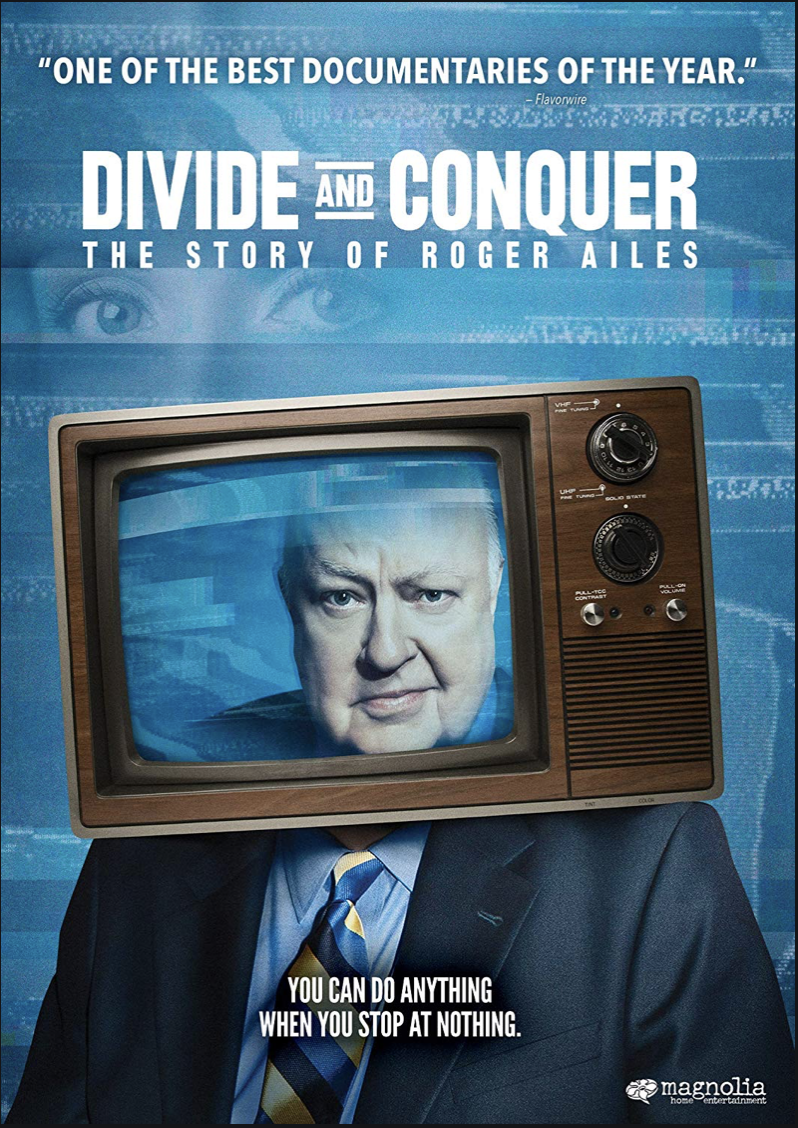
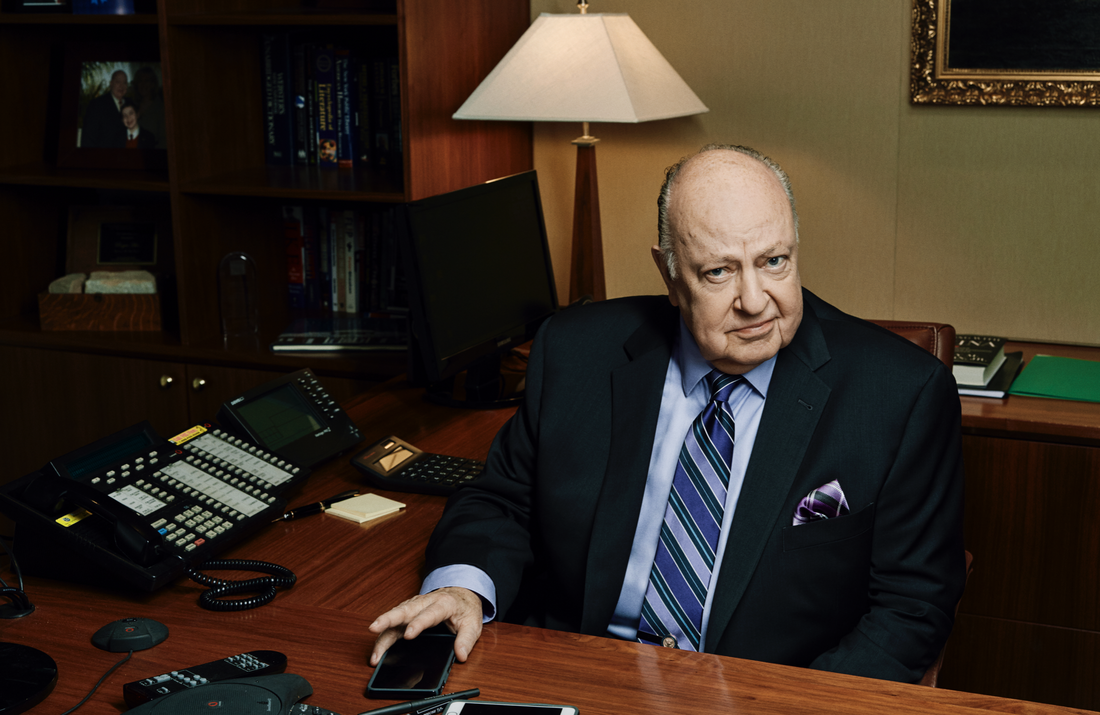
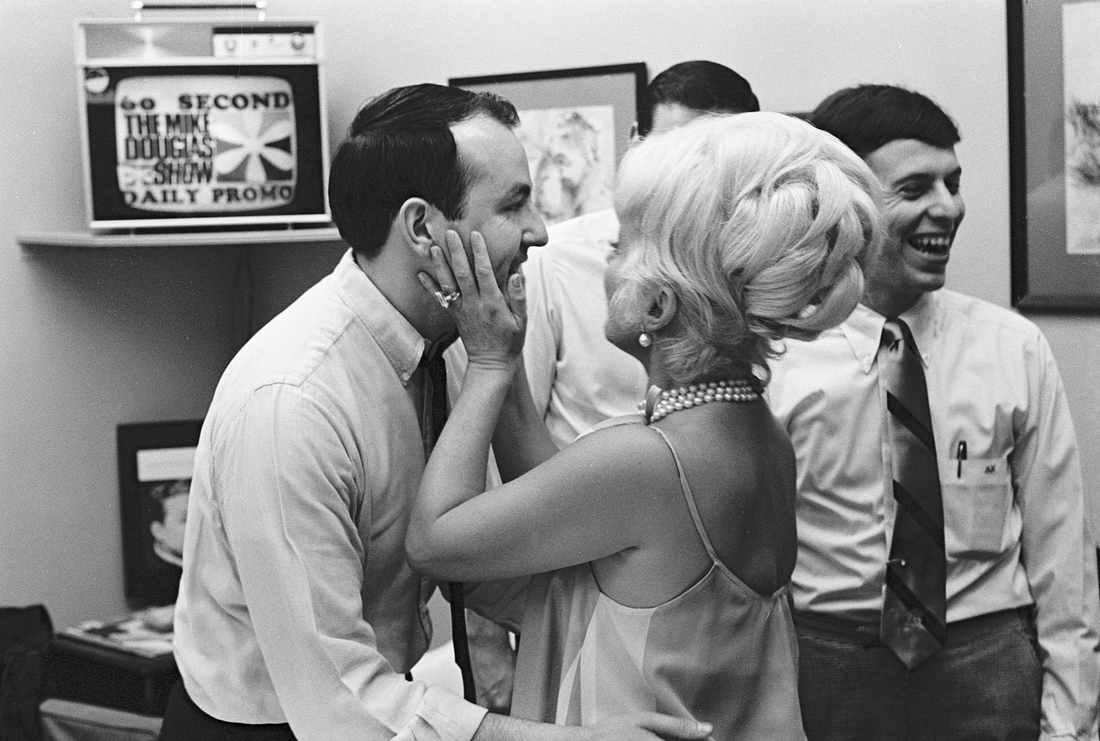
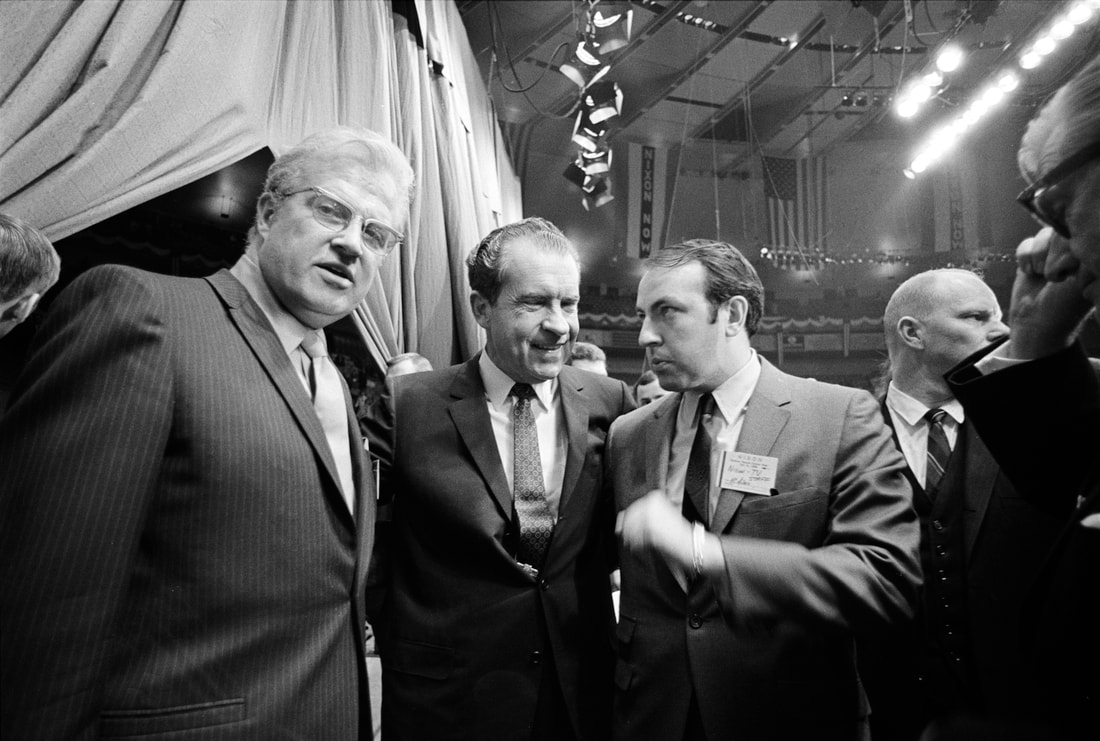
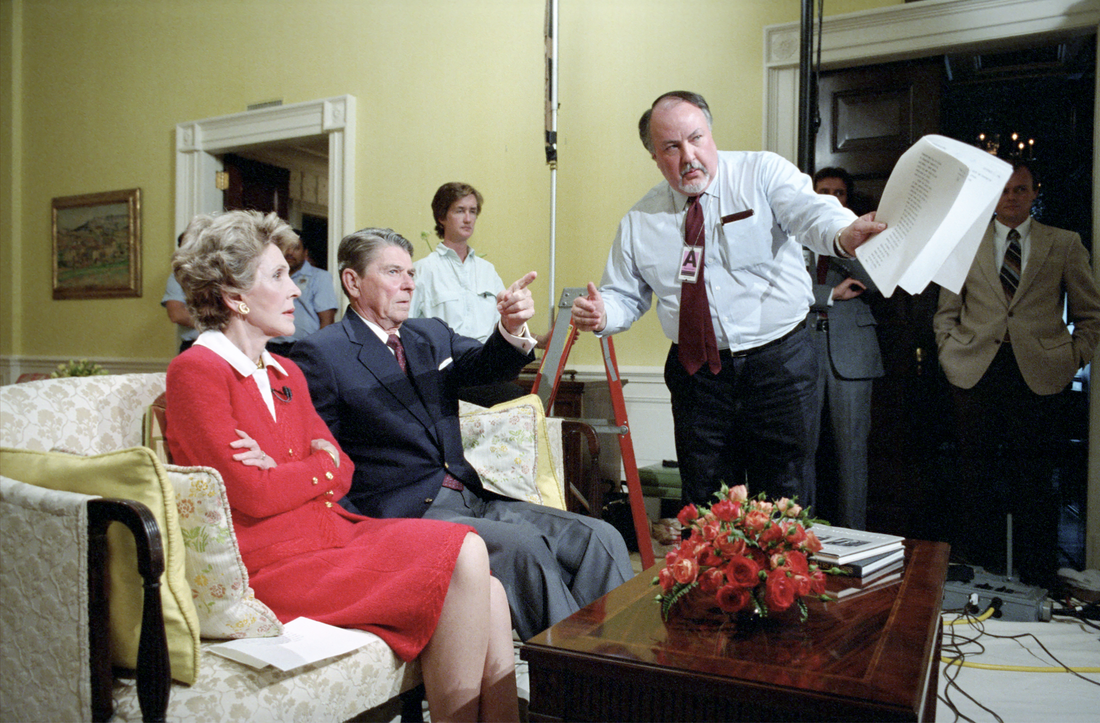
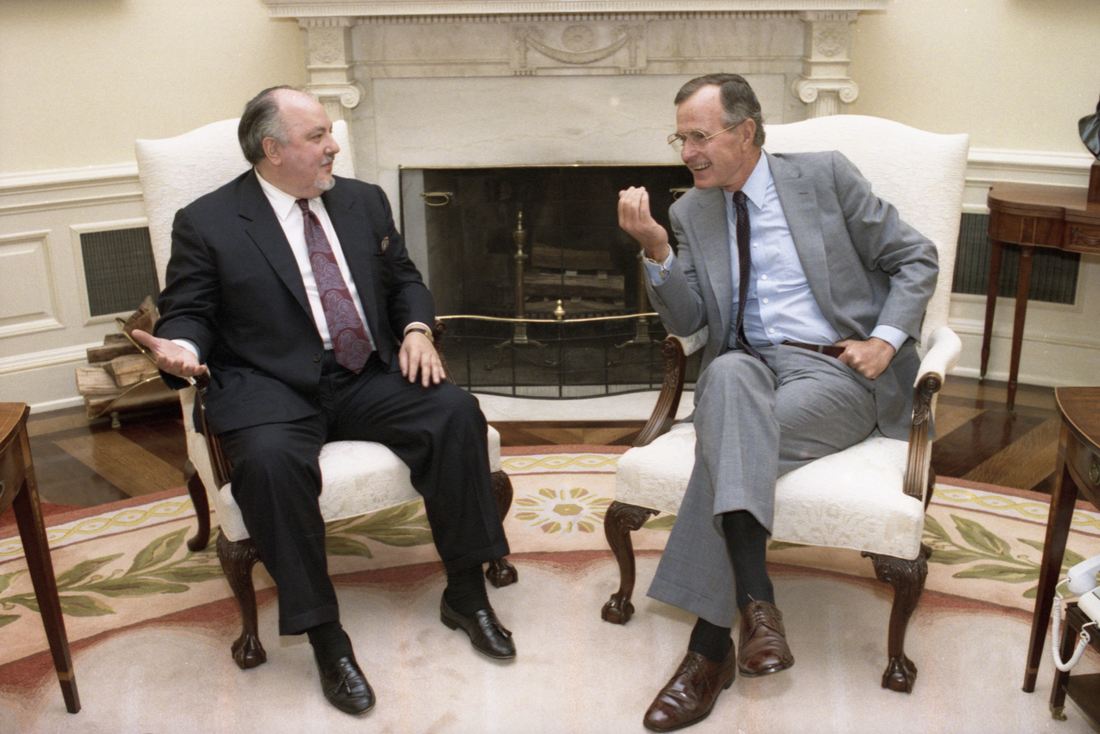

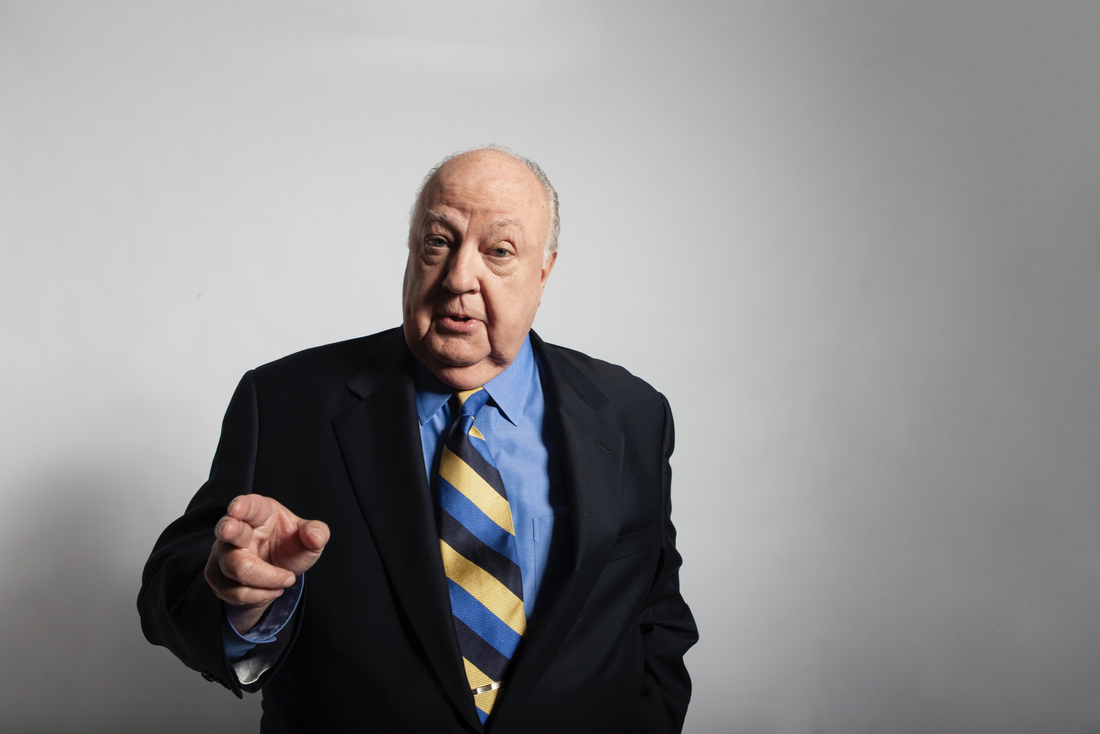

 RSS Feed
RSS Feed